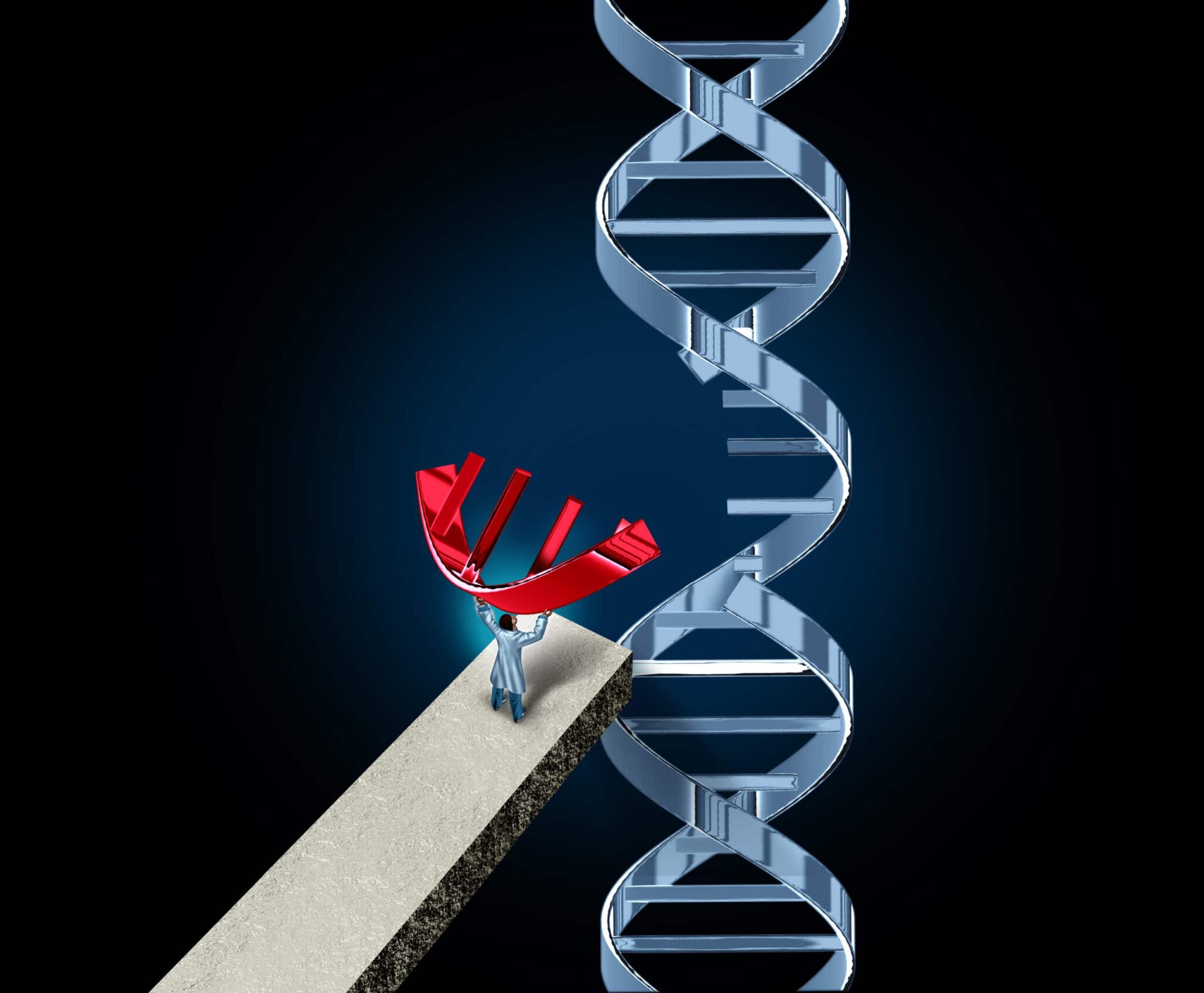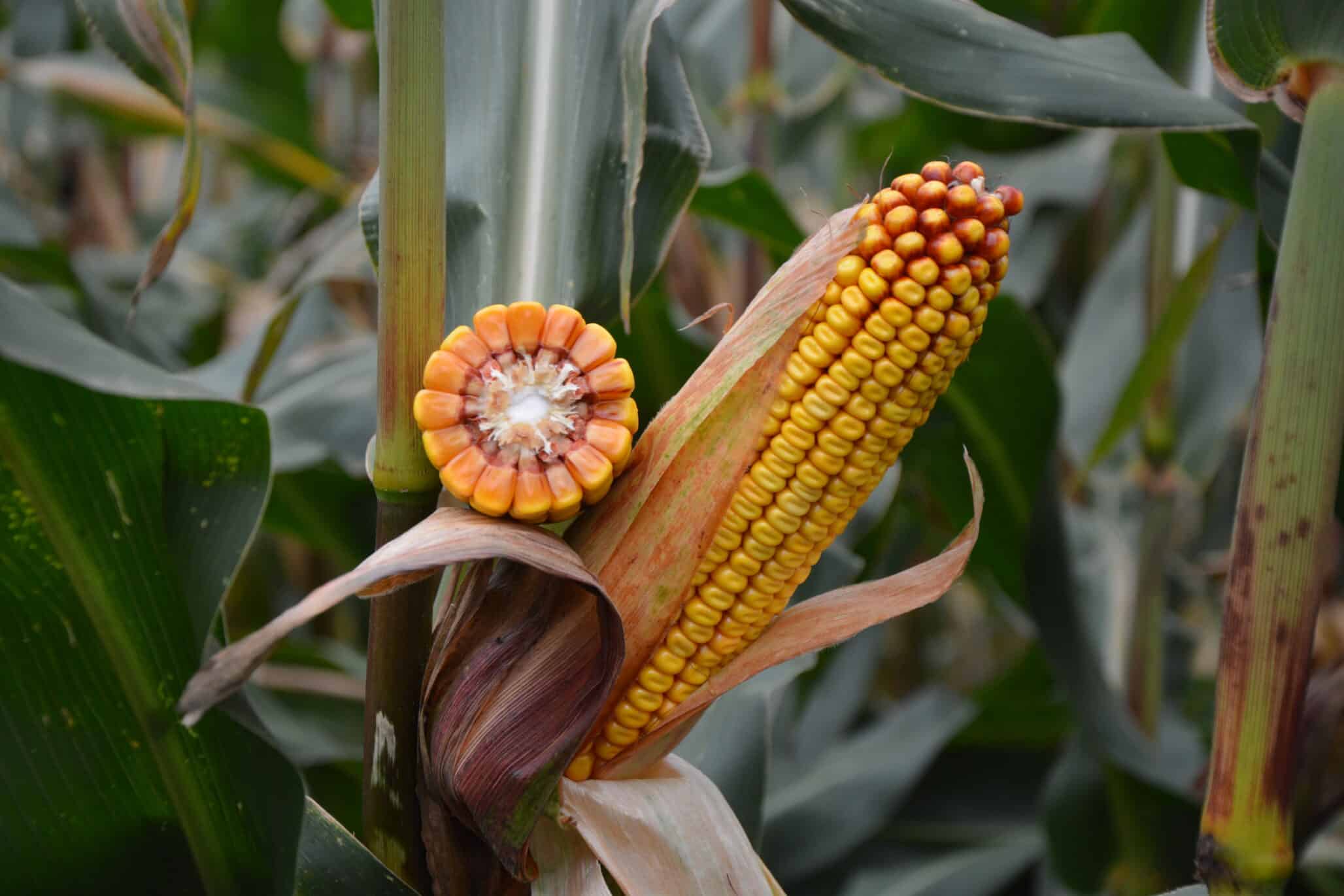Most in the seed sector will agree that modern technologies should be given a chance. A recently formed Swiss association “Varieties for Tomorrow” (‘Sorten für morgen’ or ‘Les variétés de demain’), founded on 11 November 2021 couldn’t agree more. It enjoys very broad support from producers, trade, and consumer organizations. Supporters of the new association include the main Swiss supermarkets Coop, Denner and Migros, growers’ organizations Blueberry Schweiz AG, the Swiss Fruit Association (SOV), the Swiss Potato Producers (VSKP), the Association of Swiss Vegetable Producers (VSGP), and SWISSCOFEL, the association of the Swiss fruit, vegetable and potato trade. Members also include label organisation IP-Suisse, the Swiss Consumer Forum (KF), seed company Delley Samen und Pflanzen AG and the agricultural cooperative Fenaco. Thanks to this strong backing, the association aims to contribute both expertise and practical relevance to the political debate on genetic engineering. European Seed sat down with Michael Feitknecht, Head of the Department Crop Production at Fenaco and Dr. Christian Ochsenbein, General manager at DSP Ltd. to get their take on the importance of the new association.
Not Satisfied
Asked why it was necessary to start this association, Ochsenbein indicates that there is an increasing dissatisfaction with the current law. “The GMO moratorium doesn’t represent a final solution. The government promised to discuss a final solution and the regulation of new breeding technologies already in 2018. But nothing happened,” says Ochsenbein. Instead, the government decided to extend the moratorium for the fourth time and also to include genome editing and all the other newly developed methods that interact with DNA, including newly developed mutation breeding methods.
Feitknecht explains that there is currently a debate in Switzerland about the extension of the genetic engineering moratorium, which has been in place since 2005. “Genetic engineering has developed enormously since the introduction of the moratorium. Our association advocates a differentiated approach and openness to new breeding methods in the molecular biological field. Modern technologies should be given a chance. We are committed to strong plant breeding in Switzerland,” he adds.
Ochsenbein states several organisations within the agriculture and food sector felt that this “regulation” created a lot of questions and incertitude in the implementation. “Also, there is the feeling that we are going to miss a lot of potential to turn our agriculture and food system more sustainable,” he adds.
Plant breeding these days widely regarded as a key technology, or at least as one important element to reduce pesticides and make our varieties fit for climate change. “This awareness mounted in society since it had to decide about the two initiatives aimed to practically abandon the use of pesticides. The need of more robust varieties was widely discussed in Switzerland,” explains Ochsenbein.
“Furthermore, we became aware that there is missing a broadly supported organization within the agricultural and food sector who promote proactively the discussion of a differentiated approach of regulation. There were the scientists, but this was not enough. If the sector wants to end up with a differentiated, credible and feasible regulation, it has to become proactive. That’s why we created this association,” he adds.
The Importance of Joining the Association

Fenaco is currently owned by 23,000 Swiss farmers.
“It is our responsibility as a cooperative to support them in the economic development of their businesses. Swiss agriculture wants to play a pioneering role in terms of sustainable production methods. And this is also what the Swiss population expects,” says Feitknecht.
DSP is a small breeding organization states Ochsenbein. “For us, it is not a goal to work with classic GMOs. On the other hand, we think that there is a lot of potential in genome editing and we should make this possibility available for at least some applications.”
Feitknecht notes that at the same time, the farmers must be able to produce the food as demanded by the market in the desired quality, quantity and consistency. And according to him, current plant breeding methods play a central role in this context. “These methods can help us reduce the use of chemical pesticides or to better deal with the consequences of climate change. That is why we have been supporting the Professorship for Molecular Plant Breeding at ETH Zurich since 2015. And that is why we are a member of the newly founded association ¬´Sorten für morgen¬ª,” he adds.
Ochsenbein states they see a lot of problems in the feasibility of the current regulation. “We currently make hundreds of crossings with germplasm all over the world each year. How should we guarantee that they are free of new breeding technologies? Finally, we definitively became active after we had to stop a research project evaluating a new mutation breeding method. Our authorities decided to regulate the method as gene technology, what was completely surprising us since there is no transfer of DNA,” he notes.
Distributing the Message
“We would like to work with media, with public information events and in supporting politicians and stakeholders. We would like to communicate good examples of the new breeding technologies and the results of 30 years of biosafety research in this area,” says Ochsenbein.
Feitknecht explains that the association will contribute to the dialogue in a fact-based and constructive manner, which could be through position papers for the political opinion-forming process, or interview or background discussion opportunities with experts. “At Fenaco we focus on the fact-based communication of these positions for our employees and our members, the Swiss farmers. Because here too is a need for information and discussion with regard to the new breeding methods,” he adds.
CRISPR in the Toolbox

According to Feitknecht, conventional plant breeding will continue to play a central role. But notes that by adding the more precise plant breeding methods using the CRISPR/Cas method, specific challenges relating to environmental protection can be addressed. “In addition, harvest losses due to illness or weather can be reduced through more targeted and efficient breeding methods. Access to these new methods also means strengthening domestic breeding and promoting Switzerland as a location of agricultural research in general,” he explains.
“Our challenges are great,” says Ochsenbein. He notes that agriculture of the future needs more robust varieties. “The more breeding tools we have available, the more progress we can expect. We think that we are not in a situation where we can afford to generally prohibit new technologies. We think that CRISPR has a potential to increase disease resistance or to introduce resistance genes from wild relatives into breeding material,” he adds. He says that this would especially be interesting for species with long breeding cycles such as apples and grapevines or with complex genomes such as wheat.












